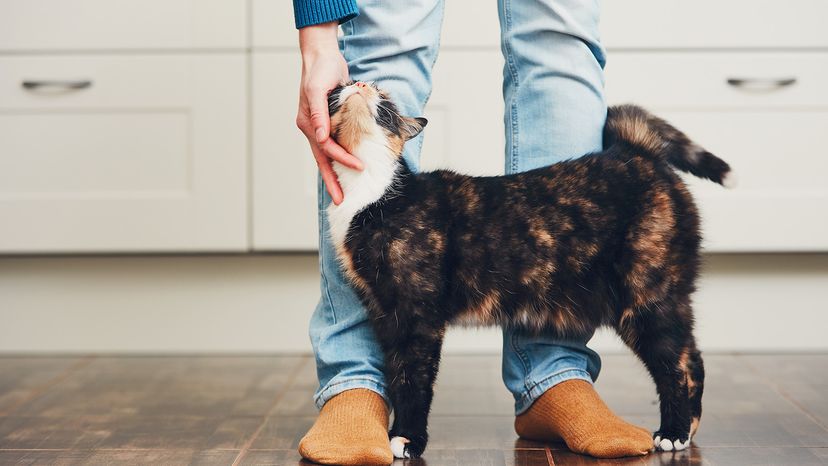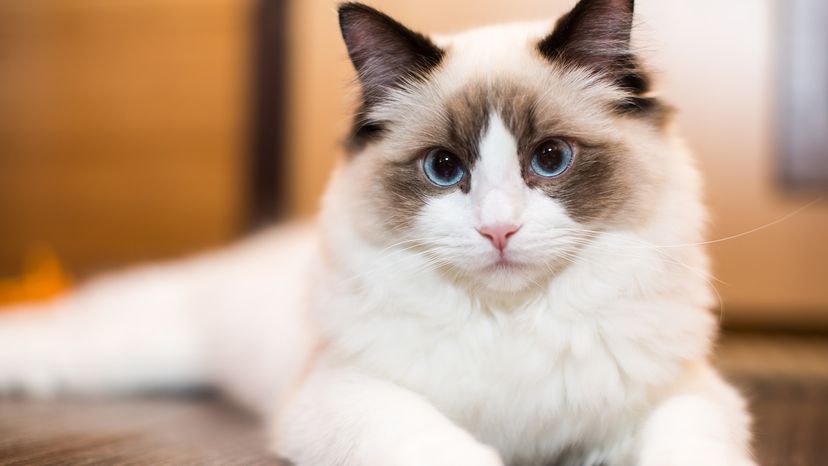
While cats are known for being independent creatures, some exhibit clingy behavior that can puzzle (and occasionally overwhelm) even experienced cat parents.
If your feline friend is constantly seeking attention, following you around, demanding physical contact — anything that prompts you to ask, "Why is my cat so clingy?" — it might be more than just affection.
Advertisement
Clinginess in cats can stem from a variety of causes, including health problems, emotional shifts, and environmental changes. Understanding what drives your cat's clingy behavior is key to helping them feel secure and balanced.

